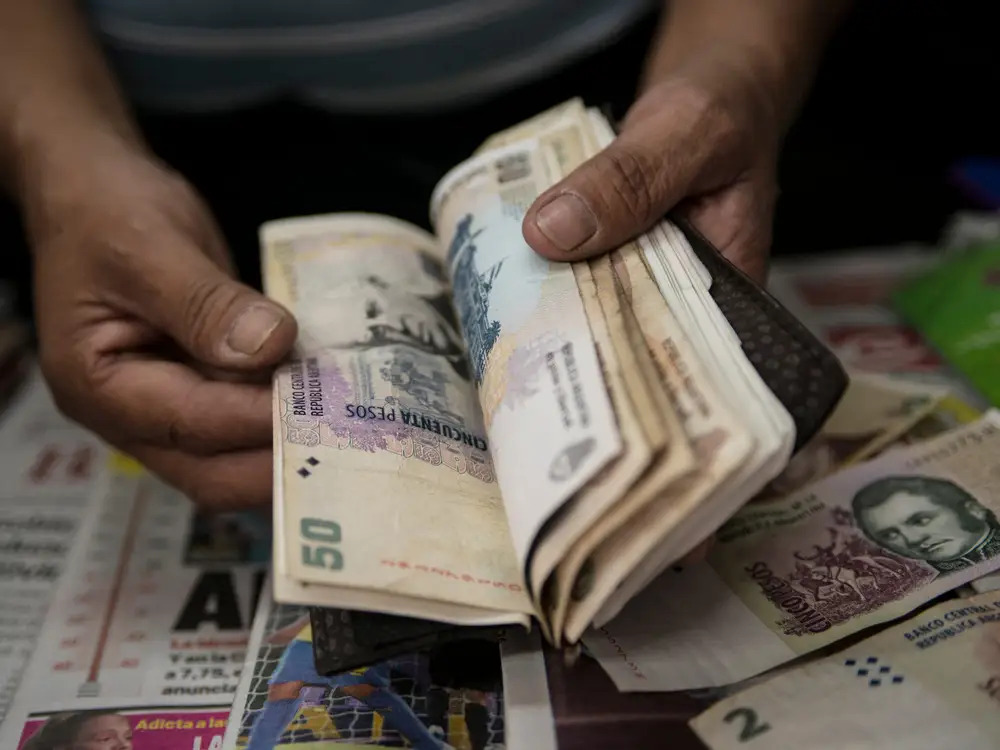Financial analysts predict that Argentina’s inflation for August will be at least 11%. Experts expect a similar rate for September.
These projections come from specialized consulting firms that were surveyed.
Several factors influence the surge in prices.
This included the recent primary election results favoring conservative candidate Javier Milei, currency fluctuations, and import limitations.
The cost of meat saw the most significant rise in August. A study from the Mediterranean Foundation reports a 60% increase for the month.

The official figures are set to be released on September 13.
While the government maintains an inflation estimate of 9%, the average estimate among the analysts surveyed is 12%.
In July, the price index stood at 6.3%, up from 6% in the previous month. Argentina’s annual inflation rate for July was 113.4%.
Challenge for Government
This surge in inflation places additional burdens on households that are already grappling with financial strain.
High inflation also affects small businesses, limiting their ability to plan for the future.
The government sees the situation as a challenge and is attempting various strategies to curb rising costs.
These include tax adjustments and subsidies, but with limited success so far.
Currency depreciation plays a notable role in the inflation spike.
As the Argentine peso loses value against other currencies, imported goods become more expensive, adding to the inflationary pressure.
Public sentiment is a key factor here, too. The uncertainty around the economic landscape is causing businesses and individuals to adjust their spending habits cautiously.
The upcoming elections make the situation even more complex. The policies of the winning candidate could significantly influence economic stability, adding another layer of uncertainty.
Moreover, as inflation rates continue to defy government estimates, public trust in the administration’s ability to manage the economy may decline.

